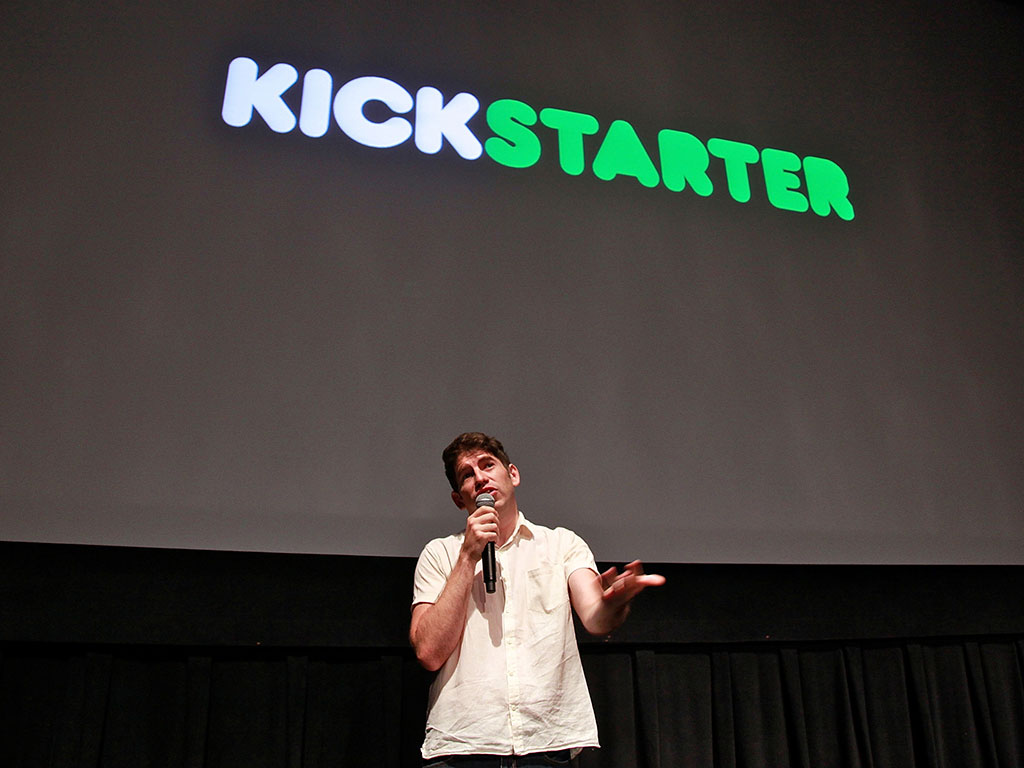Five kickstarter projects that haven’t gone anywhere
Here we take a look at some of the Kickstarter projects that have either failed to fulfil their pledges or, for whatever reason, left backers feeling sore

Kickstarter co-founder Yancey Strickler speaks at an event. For every success the crowdfunding website has had, there have also been a few failures to launch
Zano
Billed as “the world’s most sophisticated nano drone”, Zano caught the public’s imagination last year when a promotional video showed it could expertly capture mountain bikers and cliff divers on film. The campaign received over £2.3m last November, yet the June-time release date has passed without much in the way of information. Today, the project’s more than 12,000 backers are growing restless, and for as long as the team struggle to overcome GPS issues, pressure on the company will continue to mount.
Eyez
Eyez by ZionEyez made headlines around the world when in July 2011 over 2,00 backers handed over $343,415 – six times its goal – to bring the project to life. The idea was that the glasses would record video footage in the user’s line of sight and allow them to easily upload the file to Facebook. There has been no word from the creators since 2012, and backers have had little to go on since the company changed its name to Zeyez and cited “unforeseen hurdles” as reason for the delay.
The Doom That Came to Atlantic City
Although the “light hearted Lovecraftian game of urban destruction” received a relatively modest $122,874, the failed board game is significant in that the project organiser, Erik Chevalier, was later ordered by the FTC to refund the boardgame’s 1,246 supporters. Chevalier is the first to be instructed to do so by the FTC, after he was found to have spent most of the money on himself. However, the project manager is by no means the first to face legal action on account of failed Kickstarter pledges.
Asylum Playing Cards
810 backers turned up to fund Ed Nash’s Asylum Playing Card project, and while the campaign received $10,000 over and above its $15,000 target, contributors never saw a return on their investment. The case became the first crowdfunding-related consumer protection lawsuit, and in May last year Washington State Attorney Bob Ferguson wrote in a press release: “This lawsuit sends a clear message to people seeking the public’s money.” The case led Kickstarter to review its terms of service and alerted the public to the risks.
Kobe Red
According to Quartz, Kobe Red was close to becoming the biggest fraud in Kickstarter history in June 2013; that is until the site shut down the project 10 minutes before the perpetrators could make off with over $120,000. The project promised 100 percent Japanese beer fed Kobe beef jerky and attracted over 3,300 backers before it came to light that the rave reviews and inspection details listed on the page were false. The case highlighted the importance of the crowdfunding community when it comes to flagging suspicious campaigns.













